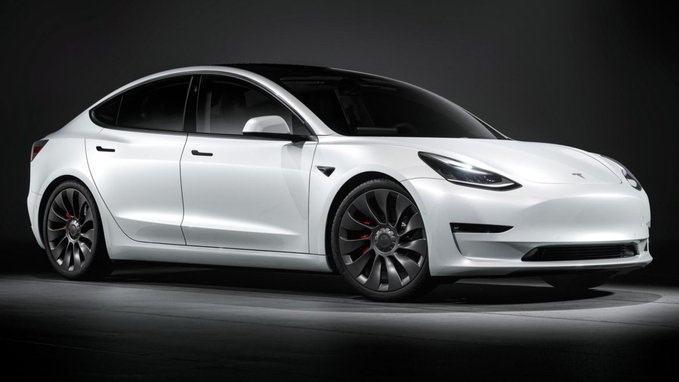Colorado Becomes Fourth State to Approve Digital License Plates

Beginning August 10, owners of Colorado registered vehicles will be able to display a “digital license plate” in place of one or both of their traditionally issued plates. Colorado Auto Division (“DMV”) as long as the registration number and expiration date are clearly visible in normal sunlight at a distance of 100 feet.the bill is signed by the governor Colorado is the fourth state to enact such a law, after Arizona, California and Michigan.
Traditionally, a vehicle registration or license plate (commonly known as a license plate) is made of metal or plastic with a unique alphanumeric identifier stamped directly onto the plate. (Some states also offer digitally printed “flat” plates, but the concept is the same.) To take ownership and register your vehicle, or renew your ownership and registration, The vehicle owner must go directly to the DMV or complete the process online and wait for the item to arrive. Received by email. Owners are then responsible for physically replacing plates, applying decals, etc.
However, as technology continues to become an ever-present aspect of our daily lives, more states are adopting digital license plates.
Digital license plates typically incorporate a processing unit, storage media, and wireless connectivity all in an electronic display. It resembles an e-reader and is roughly the size of a traditional license plate. However, while digital license plates may look like traditional plates, they represent the intersection of fintech, privacy, and auto finance.For example, the owner can more easily: Eliminate physical plates and decals entirely by completing and/or renewing ownership and registration. Disable and report a stolen vehicle. Or find it in a crowded parking lot. It is also useful for broadcasting public safety messages such as AMBER alerts. Conversely, this technology makes it easier for creditors to locate and void the vehicle (for example, foreclosure). For a parent, spouse, or significant other to track a child or partner. And have the state monitor citizens’ driving habits and general whereabouts. All of this raises legal, privacy, ethical, and safety concerns.
In the years to come, industry players should expect more jurisdictions to introduce similar legislation.Georgia is likely next new regulations Scheduled for this month. All three of his jurisdictions, Florida, Illinois and Texas, have since launched initiatives to investigate the technology.
Devin Leary Hennebrinkcounsel mcgrinchee staffordadvises clients on regulatory compliance issues, managing relationships with federal and state regulatory agencies, and general business concerns related to privacy, information security, and new payment systems.
https://www.autofinancenews.net/allposts/auto-finance-excellence/compliance/colorado-becomes-fourth-state-to-approve-digital-license-plates/ Colorado Becomes Fourth State to Approve Digital License Plates





